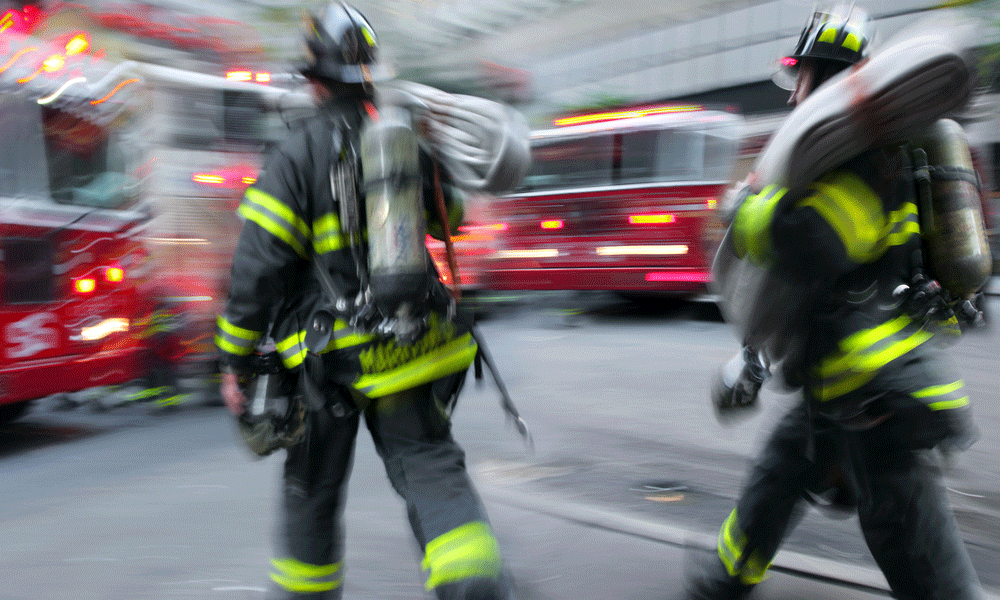The Middle East’s market for firefighting systems, fire detection and alarm systems, and emergency exit and lighting, is predicted to hit $3 billion by 2024, growing at a compound annual growth rate of nearly 8% over the next six years.
According to a report released ahead of the Intersec 2019 expo in Dubai, the regional market witnessed a slight decline during 2014-2016. However, from 2017 onwards, demand has picked up aided by recovering oil prices and government economic diversification initiatives, which were aimed at reviving the construction sector, the report by 6Wresearch said.
Furthermore, revised fire and life safety codes, such as those issued in 2016 by the UAE Civil Defence, has helped the growth of passive fire-rated products in new buildings and infrastructure. These codes also added further impetus to the retrofitting segment, where newer systems, in line with current regulations, are replacing older systems, the report added, pointing out that the $1.9 billion fire safety and equipment market will see solid growth.
Frank Ackland, Eaton Middle East’s managing director, said that the regulations set out by the UAE Civil Defence for example, offer a higher standard of regulation than has ever been seen before.
“”Eaton provides emergency lighting and fire detection systems for buildings and we’ve noted an increase in the levels of regulation that are being adhered to – not only to the set standard but also above in many cases,” he stated ahead of Intersec 2019.
“All those involved in the construction process are placing greater importance of meeting, and exceeding, the standards set out. That doesn’t mean there isn’t more work to be done, and this is where we see a significant investment in retrofitting also taking place in the UAE, in order to make older buildings safer and in line with current regulations,” he added.
Andreas Rex, Intersec’s show director, said the commercial and hospitality sectors are other key verticals driving demand for fire safety systems and equipment.
“The big growth, particularly in the UAE will come over the next two years as delivery of the Dubai Expo 2020 looms, while throughout the Gulf region, large scale infrastructure investment will steer the market toward solid growth,” he noted.
The annual event returns next year with a revamped conference line-up, including a three-day Intersec Future Security Summit raising key issues on Artificial Intelligence, security Integration, emergency preparedness and response, data protection, IoT and much more.
Other show sections comprise of Commercial Security, Safety & Health, Homeland Security & Policing, Physical & Perimeter Security, Information Security, and Smart Home & Building Automation.

